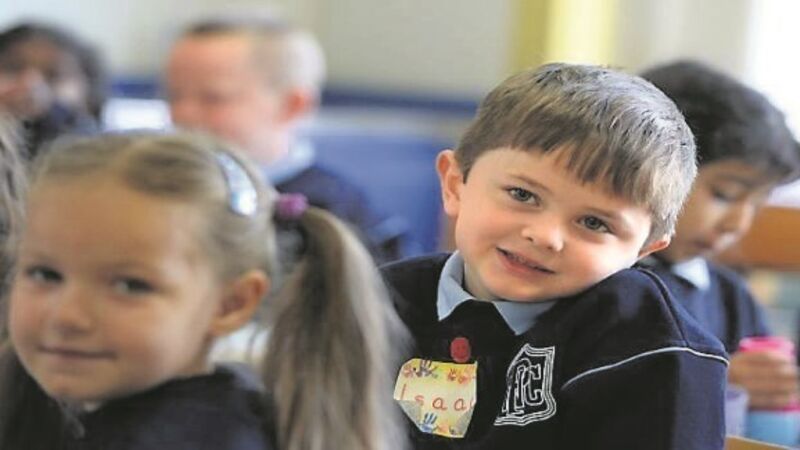Rise in children starting school later

Analysis of Department of Education statistics show that four year olds made up almost half of the junior infant classes of September 1999, but made up just a third of those grades in the last school year.
In the same period, five year olds have gone from just over half to nearly two thirds of junior infant pupils.













